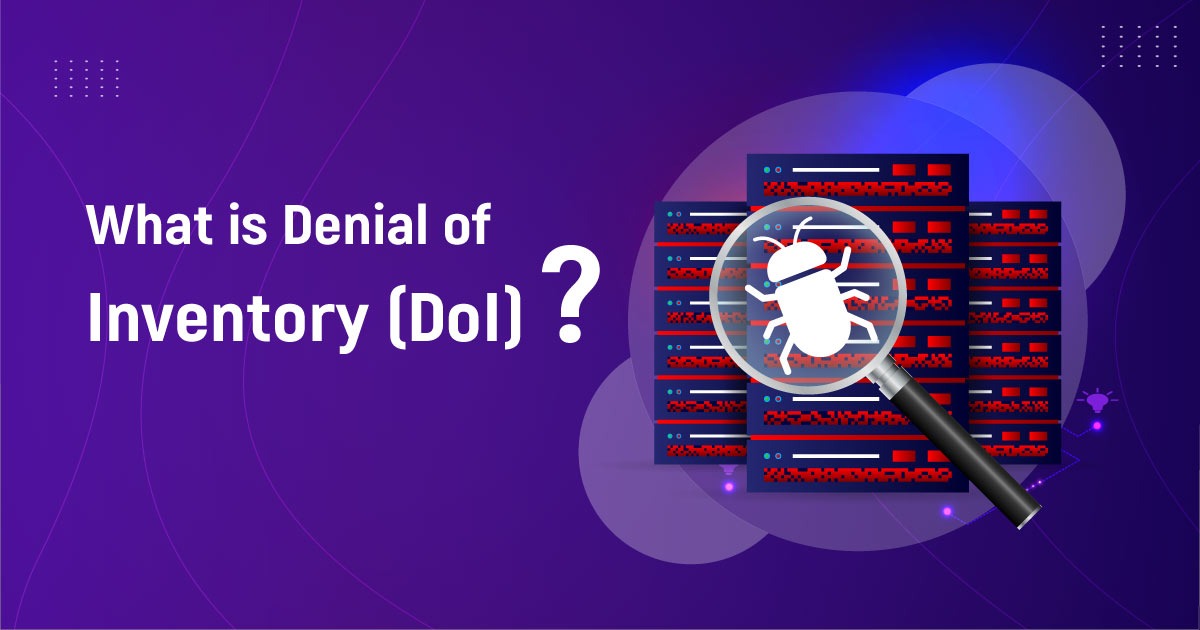Denial of Inventory (DoI) is a type of cyber attack that is used to disrupt or shut down a business’s inventory system, resulting in an inability to process orders and fulfill customer requests. This type of attack can have serious consequences for businesses, resulting in lost revenue, damage to reputation, and legal repercussions. In this post, we will discuss DoI attacks, methods used by attackers, the impact of these attacks, and the steps that businesses can take to protect themselves.
Methods Used by Attackers
There are several methods that attackers can use to launch a DoI attack, including:
Overloading the Inventory System:
This involves overwhelming the system with too many requests, resulting in a slowdown or complete shutdown of the system.
Injecting Malware:
Attackers can inject malware into the inventory system, disrupting its functionality and preventing it from processing orders.
Exploiting Vulnerabilities:
Attackers can exploit vulnerabilities in the inventory system, gaining access to sensitive information and disrupting its functionality.
Consequences of DoI attacks
DoI attacks can have a significant impact on the victims, including:
Lost Revenue:
Businesses may lose revenue as a result of the attack, as they are unable to process orders and fulfill customer requests.
Damage to Reputation:
Businesses may suffer damage to their reputation if customers are unable to purchase products or services due to the attack.
Legal Repercussions:
Businesses may face legal repercussions if they are unable to fulfill contractual obligations or comply with regulations as a result of the attack.
How to Protect Against DoI Attacks?

Businesses can take several steps to protect themselves against DoI attacks, including:
Implementing Security Measures:
This can include firewalls, intrusion detection systems, and other security technologies designed to block malicious traffic.
Monitoring for Unusual Activity:
This involves using tools to detect and analyze traffic, looking for unusual patterns that may indicate a DoI attack is in progress.
Regularly Updating and Patching Inventory Systems:
This can help prevent attackers from exploiting vulnerabilities in the system.
Conclusion
DoI attacks can have serious consequences for businesses, resulting in lost revenue, damage to reputation, and legal repercussions. By understanding the risks and implementing appropriate security measures, businesses can help protect themselves from these attacks and minimize their impact should they occur. Regularly updating and patching inventory systems, monitoring for unusual activity, and having a plan in place are all critical steps for businesses to take to protect themselves from DoI attacks.









